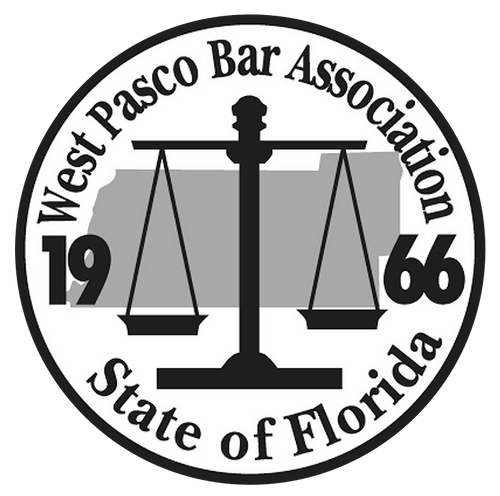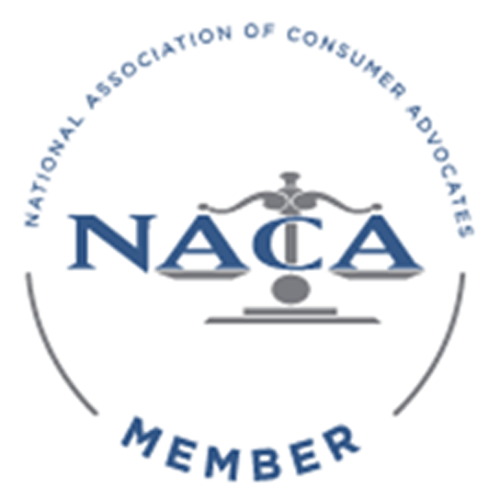4 Common Estate Planning Mistakes to Avoid
 Are you ready to start planning for the future? Estate planning is incredibly important—not only does it let you decide what will happen to your minor children, home, possessions, and money after your passing, but also who will make decisions on your behalf if you ever become incapacitated. However, estate planning can often be fraught with challenges. To help you avoid any missteps that could place you at risk, cost your beneficiaries, or make the probate process more difficult for your loved ones, we’ve compiled the following list of four common estate planning mistakes.
Are you ready to start planning for the future? Estate planning is incredibly important—not only does it let you decide what will happen to your minor children, home, possessions, and money after your passing, but also who will make decisions on your behalf if you ever become incapacitated. However, estate planning can often be fraught with challenges. To help you avoid any missteps that could place you at risk, cost your beneficiaries, or make the probate process more difficult for your loved ones, we’ve compiled the following list of four common estate planning mistakes.
1. Making Your Child a Joint Owner on Accounts
You may have heard that adding your child as a joint owner on your bank accounts could help them save on taxes and make it easier to transfer the money after your passing. However, this could place your assets at risk. Once your child becomes a joint owner, their creditors will also have access to the value of your accounts. So, even if you trust your child to not make withdrawals without your knowledge, you could still lose your money if they get into a car accident, their business goes under, etc.
2. Storing Your Documents in the Wrong Place
Many people store their estate planning documents in safe deposit boxes, but doing so may be risky since your bank could seal the box when you pass away and only open it to your court-appointed executor (which could be especially tricky if the document naming your executor is located inside the box). If you decide to go this route, be sure to either name a trusted friend or family member as a joint owner or assign ownership to a revocable living trust.
You can also opt to store your estate planning documents at home. If you do so, make sure to keep them in a safe location (for example, a fireproof and waterproof safe or lockbox). Certain courts hold estate planning documents for safekeeping, and some attorneys also offer this service. No matter which option you choose, be sure to let your loved ones know where your estate planning documents are located so they can easily find and access them if something happens to you.
3. Failing to Keep Your Plans Updated
Once you’ve completed the estate planning process, you may think your job is done, but it’s important to update your documents after significant life events. For example, if you have another child, you’ll likely want to include them in your plans. Or, if you inherit property or a large amount of money, you may want to reconsider how your assets will eventually be distributed. Also be sure to update the beneficiaries for 401(k)s, life insurance policies, and other accounts as needed.
4. Trying to Do It Yourself
There are countless websites offering fillable estate planning forms for a cheap price (or even for free). While it may be tempting to save money this way, failing to complete certain sections or filling them out incorrectly could lead to complications when the time comes to administer your estate. Plus, you might be unaware of estate planning strategies that would better serve your needs. Your estate will be in much better hands if you hire an attorney who’s experienced in this area of the law.
Luckily, if you’re in the Tampa Bay region, you won’t need to look far to get the professional estate planning help you need. That’s because you can turn to The Lyons Law Group, P.A., a trusted practice that’s earned a spot on the Law Firm 500 list. We have offices in New Port Richey and Spring Hill, making us a convenient choice for residents of Pasco County, Hernando County, and the surrounding area.
Contact us today to schedule a free initial consultation with one of the experienced estate planning attorneys on our team. We regularly prepare wills, trusts, powers of attorney, living wills, and health care surrogate designations, and we can recommend the approach that will work best for you.





